Meet our newest Academy of Finland Fellows
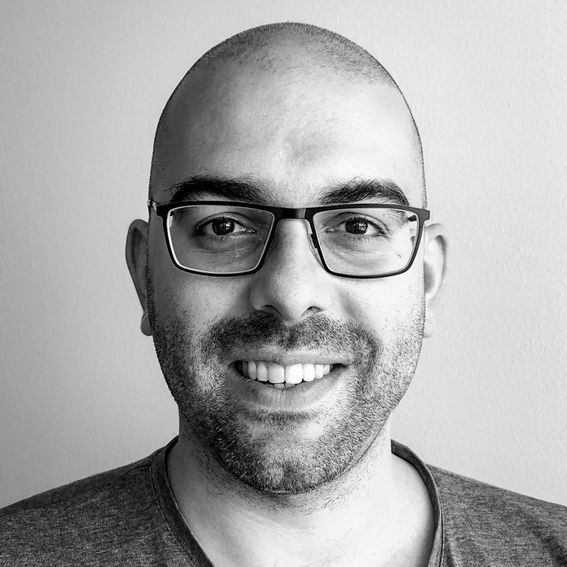
Dr Miguel Caro aims to model the chemistry and material properties of cellulose and its derivatives with unprecedented detail, with the focus on optimizing fabrication conditions for cellulose-derived carbon microfibers and the properties of magnetic carbon nanocomposites. In his project, Caro will develop new machine-learning-based mathematical functions, interatomic potentials, which will combine a hierarchization strategy for interatomic interactions with improved representation of atomic environments. This will allow Caro to explore the rich and complex chemistry of cellulose with accuracy and computational efficiency that are currently out of reach.
The project will benefit from the new ecosystem of supercomputers currently being deployed in Finland.
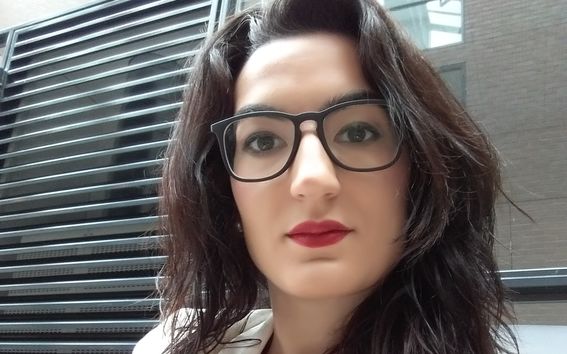
Dr Ana Diaz Rubio studies dynamic metasurfaces, artificial two-dimensional structures with sub-wavelength thickness. Metasurfaces have opened new and exciting possibilities to realise properties beyond those available in natural materials. Diaz Rubio aims to investigate metasurfaces and identify entirely unexplored means to manipulate their electromagnetic properties. The effects of temporal variations in meta-atom parameters are still unknown. Diaz Rubio intends to find answers to how time variation changes the phenomena of bianisotropy (coupling between the magnetic and the electric properties) and how dynamic metasurfaces can be applied to the design of practical devices.
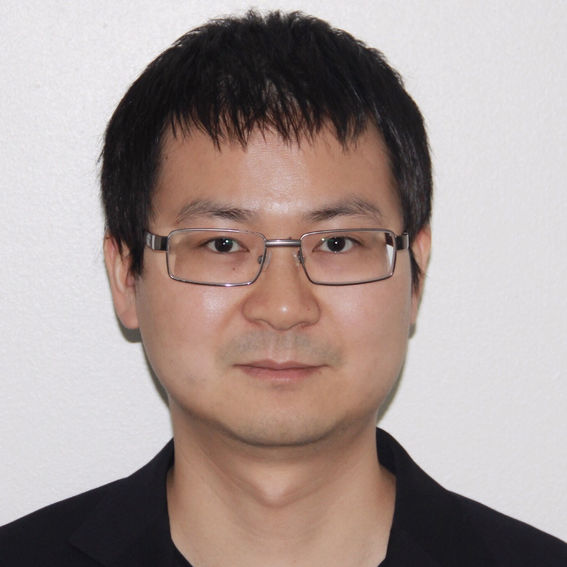
Dr Lu Cheng’s work will explore how cell mechanisms affect cancer development. Alternative splicing is an important mechanism that modify messenger RNA after it is generated. If not working properly, alternative splicing might lead to cancer. We will resort to single cell RNA sequencing techniques to identify and quantify alternative splicing events, as well as its regulation. We hope this project will help us to gain a deeper understanding about the functions of alternative splicing in cancer development.
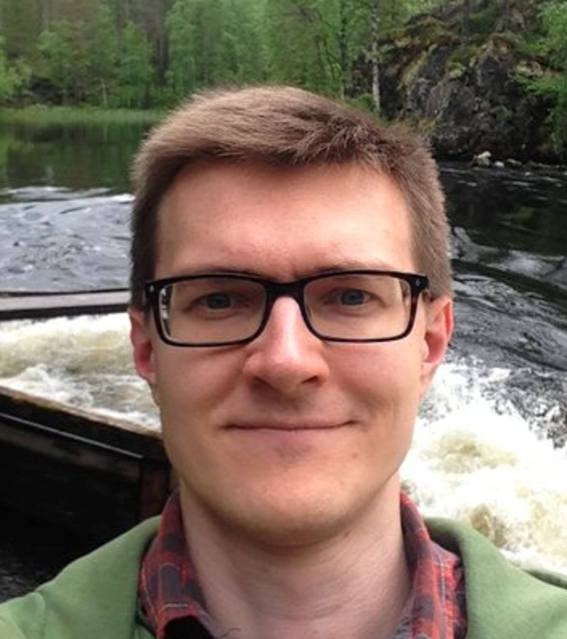
Dr Markus Heinonen’s fellowship will study Deep learning with differential equations. Machine learning is developing at an unprecented pace due to a paradigm shift caused by deep neural network models, which have revolutionised the several domains of science. Deep neural networks represents learning as a series of deterministic, complex and discrete transformations. In this project we will propose a groundbreaking new viewpoint on machine learning by developing a novel deep learning paradigm of probabilistic continuous-time deep learning, where interpretable, simple distributions of smooth transformations, or time differentials, encode the learning process as a continuous flow. The novel paradigm draws from solid foundations of physics, statistics and dynamical systems literature.
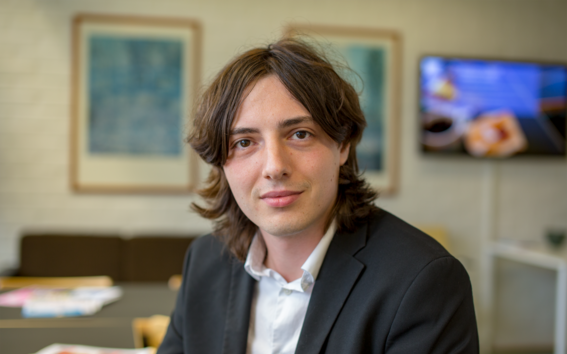
Dr Jose Lado will develop theoretical models of materials for quantum computers.Recent efforts towards creating a quantum computer can yield game-changing impacts in technology, allowing us to tackle critical problems for humankind, such as energy production or drug development. A possible route towards building a quantum computer relies on controlling exotic fractional quantum excitations that do not appear in natural compounds. In this project, we will develop a theoretical route to create such elusive fractional excitations in a twisted van der Waals material, building on top of recent theoretical and experimental breakthrough findings in the field of two-dimensional materials. You can read more about Jose Lado’s research here.
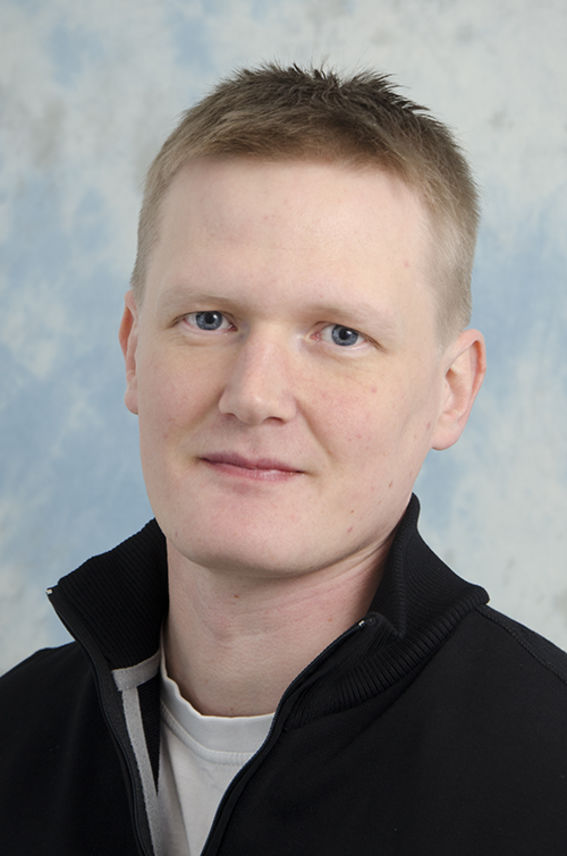
Dr Pasi Nevalainen’s project will examine how the management of state-owned enterprise (SOE) has changed from the early 1970s until present. Chinese companies are prominent, but the fact is that state ownership is still strong in Europe too. In Europe, however, the form of ownership and the way SOEs operate have undergone a major overhaul. A broader understanding of this phenomenon – the return of state capitalism – requires qualitative research that challenges existing expectations, allowing also the theoretical concept of SOE to be redefined. The study will determine how the concept of a state-owned company has changed in Finland and the other Nordic countries, and how the “old” and “new” SOE models differ. You can read more about how Dr Nevalainen’s work will examine the effects of the covid-19 pandemic here.
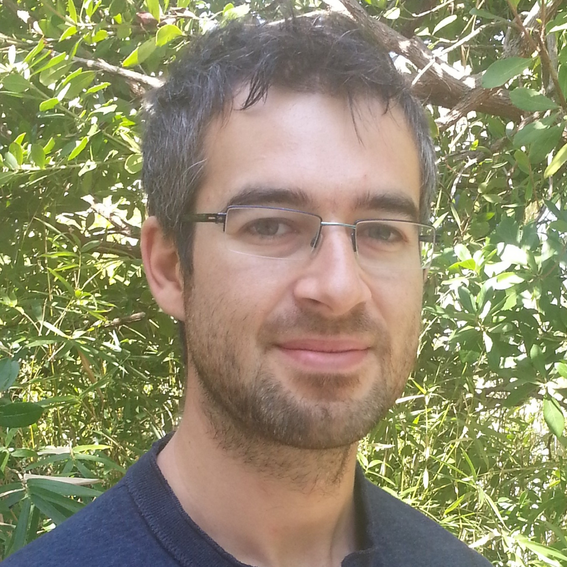
Dr Sebastiano Peotta’s project aims to make superconductors work close to room temperature. A long-standing dream of physicists is to make the wondrous properties of superconducting materials available at high and ultimately even at room temperature, that is without the need to attach them to expensive refrigerators. A promising route to this ambitious goal has been put forward precisely here at Aalto and consists of engineering materials in which electrons have a very large or even infinite apparent mass. In the condensed matter physics jargon it is said that the material possesses a “flat energy band.” Quite counterintuitively these heavy and sluggish electrons suddenly become very light and dynamic if they have the chance to interact with each other and form pairs, an intriguing phenomenon which can be explained only by means of quantum mechanics. Recently, superconductive behaviour has been detected in novel artificial materials with flat energy bands, a result which has attracted enormous interest but also opened many new questions. In this project, I will explore how disorder (imperfections in the regular arrangement of atoms) affects the superconductive properties in the case of materials with flat energy bands since I expect, among other things, that disorder may allow superconductivity to persists at even higher temperatures than predicted so far. You can read more about previous work on the “Flat energy band” here.
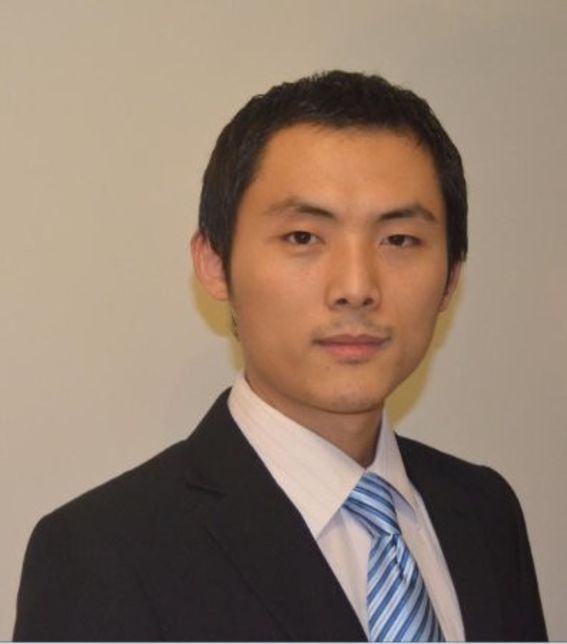
Dr Haichao Wang’s project will reduce the CO2 output of the heating industry. In the energy sector, heating is becoming increasingly important in our attempts to transition to a low-carbon energy society. This is because heating accounts for almost half of the final energy consumption in Europe. This project is dedicated to improving the understanding of the real operating mechanism of thermal energy storage, coupled with district heating networks and the heat demand of end users. The project will then develop technology to make the load matching between the heat supply and demand more accurate. For this purpose, the project will build an innovative mathematical modelling system and try to solve it with a tailored algorithm – which is more efficient than the traditional methods based on matrix equations. Reasonable experimental tests and case studies will also be designed and implemented to validate the developed methods. Overall, this project will contribute new scientific findings and efficient engineering tools for active load matching in order to further improve energy efficiency and reduce CO2 emissions in the heating sector.
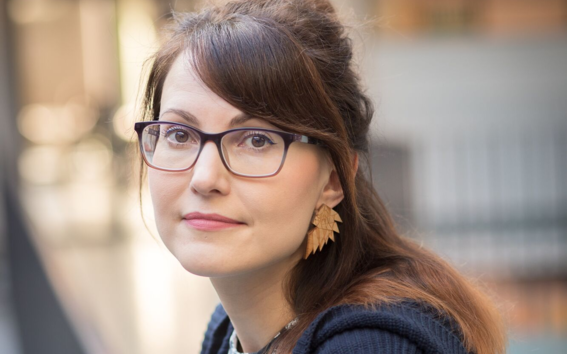
Dr Johanna Ylipulli’s project will study urban digitalization and smart city development with the concept of digital inequalities, which refers to disparities in citizens’ digital capability including access, use and understanding. It is based on design anthropological approach meaning that it produces new knowledge but also new ideas, concepts, and applications. The project produces new knowledge on how city inhabitants experience digital inequality in cities that are executing urban digitalization intensively and are building smart city districts. Secondly, it explores profound ways to enhance digital equality; i.e. it searches for new ways and principles for creating smart cities. Instead of being an agenda that increases inequality, the bold aim is to turn smart city into a vehicle for increasing digital equality and people’s technological agency, i.e. understanding and control over new technologies. You can read more about how Dr Ylipulli’s work will examine the effects of the covid-19 pandemic here.
Read more
For more information about all the Academy of Finland funding received recently, read more here
Read more news

Significant donation to boost pavement engineering research and education
Companies and associations in the field have donated €400,000 to the School of Engineering.
‘Mesoscale’ swimmers could pave way for drug delivery robots inside the body
Researchers have discovered how tiny organisms break the laws of physics to swim faster — such secrets of mesoscale physics and fluid dynamics can offer entirely new pathways for engineering and medicine.
Design strengthens industrial competitiveness – human-centered factory work at the core
Factory work is undergoing a transformation: new technologies and artificial intelligence are changing the content and roles of work. Aalto University’s Department of Design is studying this change from a human-centered perspective in the HiFive project.






